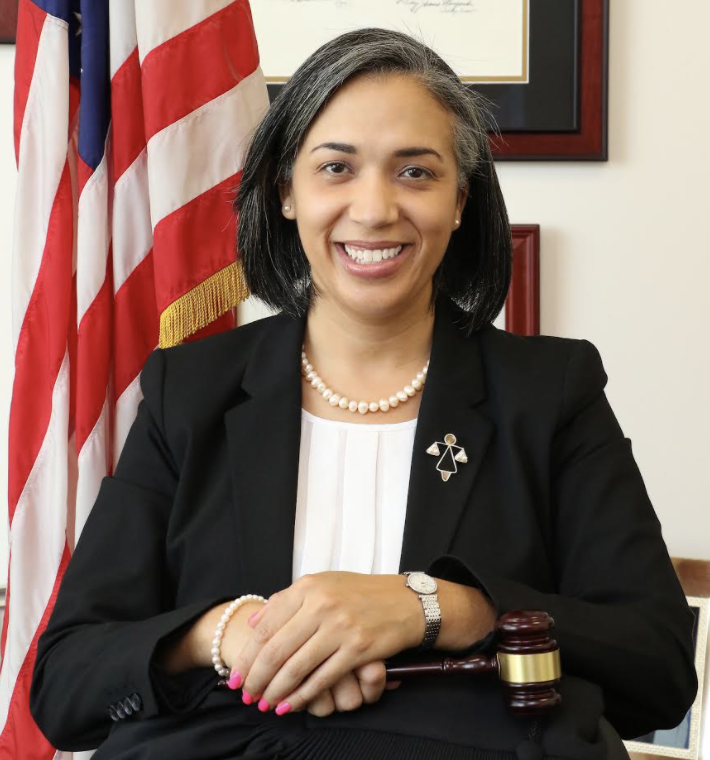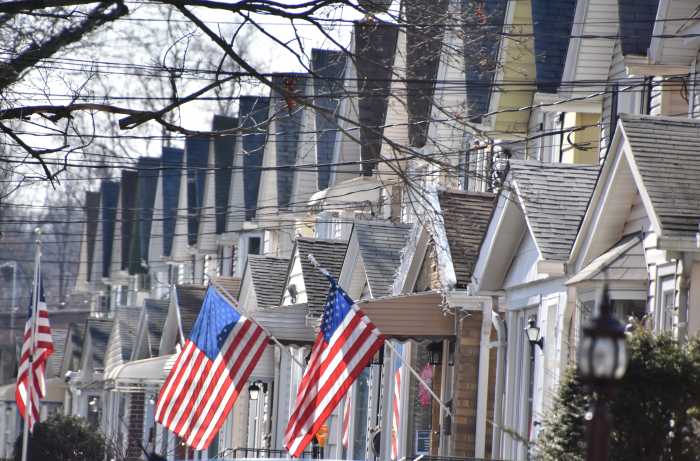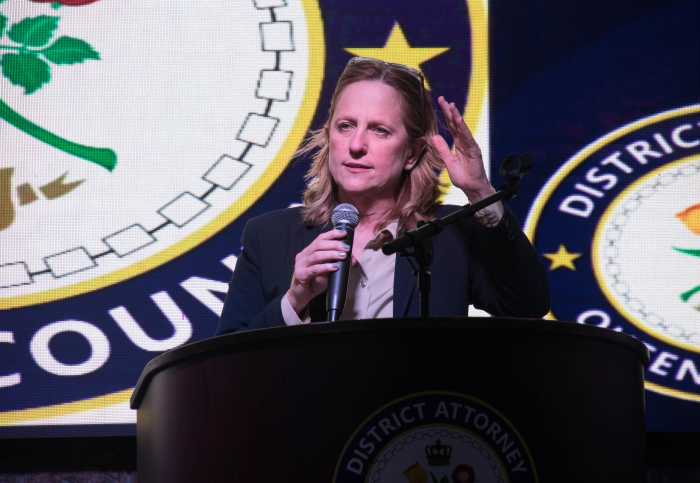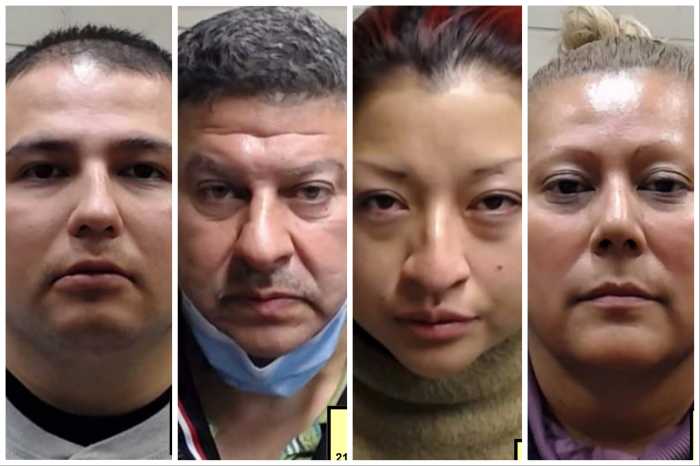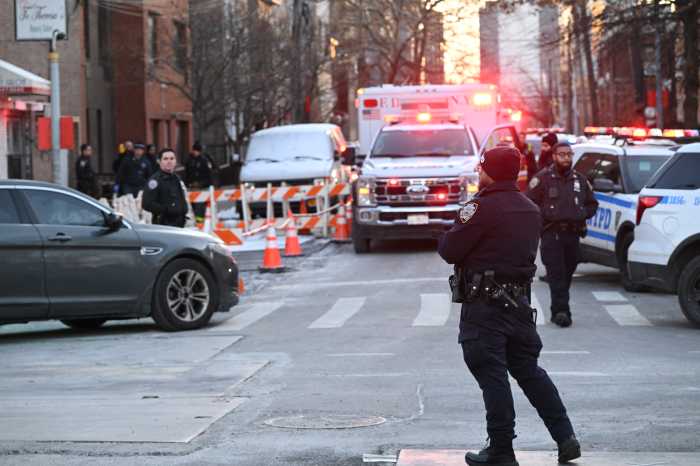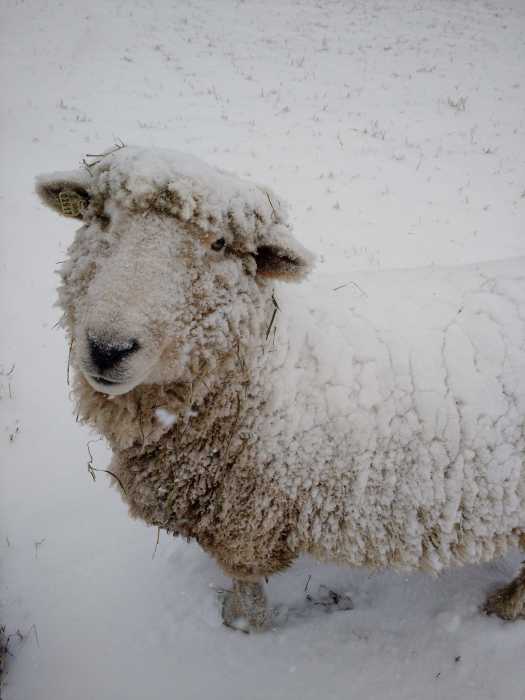BY DEAN MOSES
Schneps Media is sitting down with judges across the city’s court systems to discuss their roles and how they’ve changed in the age of COVID-19. This week’s interview is with Queens County Civil Court Judge Lourdes M. Ventura.
Schneps Media: Could you describe your duties as a Civil Court judge?
Hon. Lourdes M. Ventura: This is my first year serving as a Supreme Court judge in the Civil Term for the 11th Judicial District in Queens County. I handled trials, motions and hearings on cases. There were torts, otherwise known as the personal injury cases, foreclosure matters, contract disputes and a never-ending list of civil cases.
When the pandemic occurred, it happened to be the week on March 16 when the courts scaled down. I was the emergency judge. I covered emergency situations in other specialized parts. It could be in matrimonial or mental health, there are so many moving parts in the Supreme Court Civil Term.
SM: What was it like working as an emergency judge?
LV: I was a brand-new judge, and it happened during the week of the pandemic. Thank God we have a very collegial bench, so I looked for guidance from seasoned judges any time I had a question. Everyone was open and willing to help.
SM: Was it difficult overseeing these varying proceedings?
LV: It’s not that it is difficult. It’s basically picking up another area of the law. Like anyone, you don’t know everything. It’s the same for a judge. It’s more, “OK, this is what’s come before me now, so let me get familiar.” Attorneys have continuing legal education courses and judges have continuing judicial education courses. We always have resources to look up and learn different areas of the law.
I attempt to resolve cases the best way that I can with the understanding of the law because you always have to look at the law and apply it to the facts of each case. Each case is different. Each case is unique.
SM: Is there a silver lining that you can find from the pandemic?
LV: The positive I would say is that we have become more technologically savvy. We learned a lot more about technology, both the litigants and judges. Everyone in the legal field had to change with the times and with the situation.
It’s amazing how you learn to value even more the staff that you have around during these hard times as well. Our technology team was amazing in setting up our laptops so that we can work remotely when the courthouses scaled down. My staff was incredible during this time. Everyone really rallied to get the work down together.
SM: Are there any misconceptions people have about judges you would like to clear up?
LV: We don’t know everything. At the end of the day we are just people. We go to work and for me I love what I’m doing.
I would say that we are hard workers because of my own personal experience. We care about our cases and our caseloads. At the end of the day it’s not easy to make a decision. I mean, when I was in lower civil court, I did nightly small claims. I got home at 10 p.m. and I was still thinking about one case. The witnesses touched me in such a way that I was trying to resolve in my mind: “How am I going to decide this case?” It’s not that you just do the job, listen to the stories, and then you walk away. Sometimes you take the work with you home, and you have to remember to try to make the decision that you can live with and that you can explain.
SM: What motivated you to pursue a career in law?
LV: I was born and raised in Corona, Queens. My parents are from the Dominican Republic. Even though I was born and raised in Queens, my first language is Spanish, so that was the first hurdle I had to overcome — learning English. A couple grades in I finally mastered English, and I was able to communicate. That meant that I became the interpreter and sort of an advocate for my own parents when we had to seek services or go to appointments. I also became our building’s go-to-person when someone needed an interpreter for something. It was almost meant to be that I took a path advocating and helping people.
I have met people throughout my life who have helped me become who I am today. I am thankful, for my induction and swearing in ceremonies, I did them both at Queens Borough Hall because that was the place where I first went to court when I was a kid. As a child, I accompanied my mom at a housing court proceeding that was against us. I helped my mom translate and navigate it as a child. I chose Queens Borough Hall because I wanted to come back to the place where I first stepped into a courtroom.
SM: What are some activities you are involved in outside of work?
LV: I became involved with the Democratic Party in Queens County, which also involved civic and Latino organizations in Queens County.
Community is important to me. I’ve also been involved in Bar Associations and the first one I was president of was the Latinos Lawyers Association of Queens County. They have shepherded and opened doors for people like myself. To this day, one of the programs that started under my presidency, “The Street Law in Español,” where we team up with St. John’s Law School Latino Association and we do programs in the community like “know your rights,” which is amazing.

